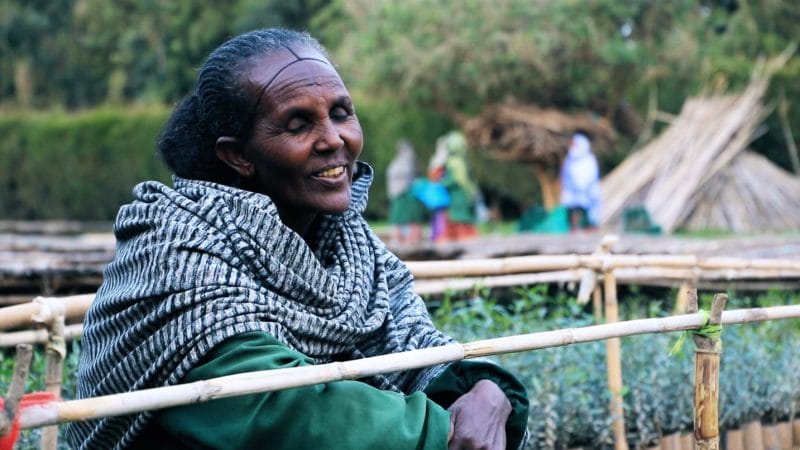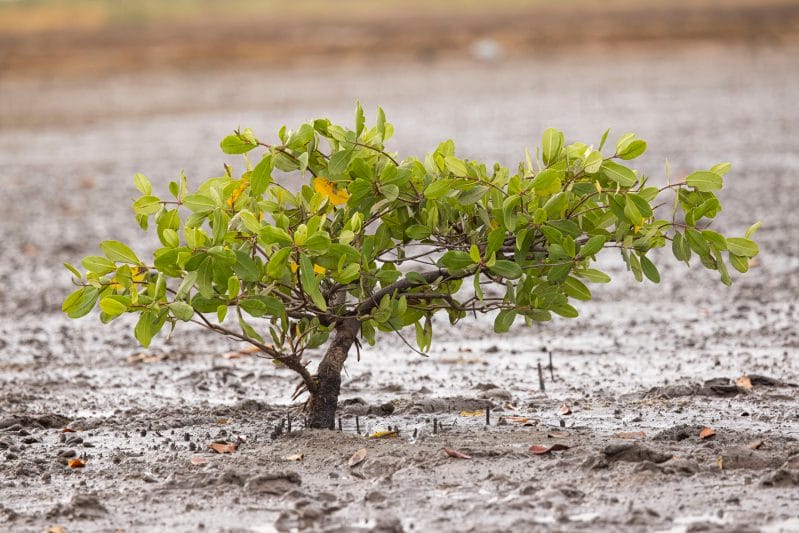“Enhancing Productivity and Climate Resilience of Smallholder Agroecological Systems in Zambia”, spearheaded by Dr. Donald Zulu from Zambia’s Copperbelt University (CBU), aims to optimize the production of ‘bokashi’, a powerful organic fertilizer. Unlike mineral fertilizers, bokashi – which is made by introducing microbes such as yeast to accelerate the composting process – is low-cost, and can be produced using locally sourced materials.
Bokashi is believed to boost crop productivity and improve soil health, thereby supporting the livelihoods of smallholder farmers in the region; but despite its promotion in Zambia, there is a lack of scientific evidence about its effectiveness. This research aims to fill that gap, providing robust data on the benefits and practicality of bokashi for smallholder farmers.
While Dr. Zulu and his CBU team will drive the project, the field trials will be conducted with WeForest Zambia, leveraging our network of enthusiastic farmers. This collaborative effort ensures that the research is grounded in real-world conditions and directly benefits the local communities involved.
The first phase, currently underway in the CBU lab, focuses on producing optimized bokashi, testing various combinations of ingredients for essential crop nutrients crucial for enhanced crop productivity, such as nitrogen, phosphorus, potassium, pH, organic matter, sulphur and calcium.

The second phase involves field trials in WeForest’s Katanino and Copperbelt projects, in on-farm experimental plots established and managed by our participating farmers. The best bokashi from the lab experiments will be used to grow maize and cabbage, and the researchers from CBU will visit to monitor progress and collect data, ensuring the experiment runs smoothly and yields valuable insights.
By developing a “best version” of bokashi compost, the project aims to improve soil fertility, increase crop productivity and enhance the livelihoods of farmers in WeForest Zambia’s Conservation Agriculture programmes. By supporting climate change adaptation efforts and addressing food security threats, it will deliver sustainable, scientific solutions to the pressing challenges faced by smallholder farmers and pave the way for a more productive and resilient future.














